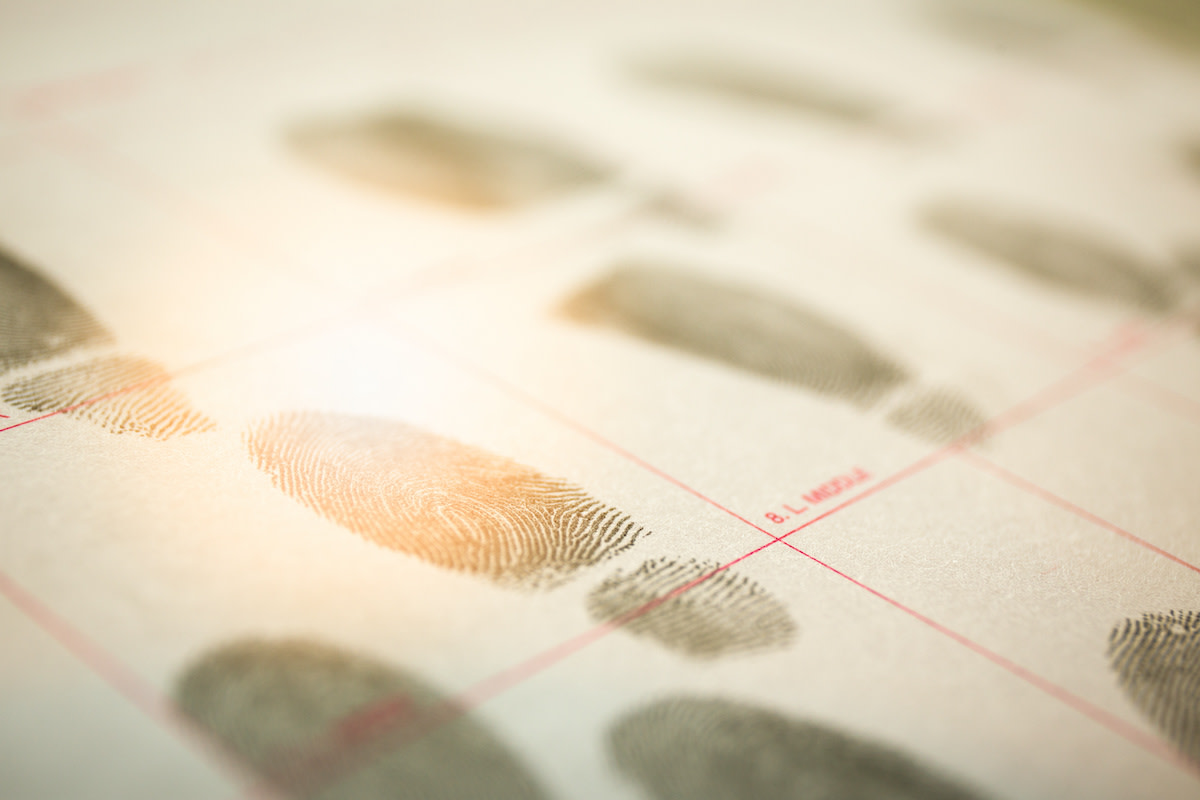Criminology vs. Criminal Justice: Law and Criminology Careers
Written by MasterClass
Last updated: Nov 7, 2022 • 4 min read
Criminologists and criminal justice professionals run in the same circles and perform many of the same tasks. Still, there are some key differences when it comes to criminology vs. criminal justice. Perhaps the most important one worth noting is how criminology studies why crimes happen and criminal justice asks what should happen after they occur.
Learn From the Best
What Is Criminology?
Criminology focuses on figuring out why people commit crimes in the first place. Professionals in this field might study additional social sciences like psychology and sociology, hoping to unravel what drives murderers, thieves, and other criminals to do what they do. Criminologists use this knowledge to solve open cases, profile the criminal psyche, and provide guidance to those on the ground in the criminal justice system.
What Is Criminal Justice?
Criminal justice programs and careers revolve around the actual day-to-day administration of the legal system. This includes officers enforcing laws, as well as those representing clients a criminal has victimized or the system has accused of a crime. Criminal justice professionals rely on criminologists to provide them with relevant background information about criminal behavior, while criminologists hope their theoretical work will empower criminal justice workers to apprehend and interact with offenders and victims.
Criminal Justice Careers
Criminal justice is a broad field, given it contains almost any career related to the active administration of legal consequences. Here are just a few criminal justice career paths to consider:
- Attorney: While not every attorney specializes in criminal law, those who do become essential elements of the criminal court system. They provide both defense and prosecution services to ensure everyone receives a fair trial. You could also pursue a career as a criminal justice paralegal or law clerk. Some judges focus on criminal proceedings in particular.
- Police officer: Both local police officers and FBI agents alike are criminal justice professionals. To become a police officer, you often need only a high school diploma. To work for a federal government agency (e.g., the DEA) as a law enforcement officer, you’ll need a bachelor’s or even master’s degree for certain careers.
- Probation officer: Working as a parole officer is another way you can find a career in the criminal justice system. In this position, you attempt to prevent recidivism and facilitate effective reentry for ex-inmates, rather than incarcerate new criminal offenders.
Criminology Careers
You’ll have a wide array of job opportunities available to you should you decide to study this social science. Consider these criminology career options:
- Criminal profiler: Perhaps you’d like to establish what causes a person to commit crimes. Criminal profiling involves studying the thoughts and behaviors of a repeat offender, helping criminal justice officials identify potential lawbreakers. For example, former FBI criminal profiler John Douglas interviewed criminals to better understand their psychology and help authorities with the ability to capture other criminals in the future.
- Detective: You can put your criminology skills to good use at a crime scene. Detectives and private investigators rely on their forensic abilities and understanding of criminal psyschology to collate clues and trace motives back to specific people. To be a good detective, you need to understand why people do the things they do.
- Forensic psychologist: If you decide to become a forensic psychologist, you might even get the opportunity to stop criminal activity before it happens. As a resident analyst and sociologist of sorts for the court system, you’ll work to both assess current criminals’ psychological states and use what you learn to help foster crime prevention in the future.
Criminology vs. Criminal Justice
Criminology and criminal justice are closely related fields of study. Law enforcement agencies need people versed in both backgrounds to achieve ideal outcomes in bringing criminals to justice. Both fields revolve around the study and implementation of justice.
The main differences between the two fields are largely a matter of emphasis. A criminology degree prioritizes the study of crime itself—why it happens, what leads people to engage in it, and how it occurs. A criminal justice degree puts greater focus on how the law enforcement and legal systems work in a pragmatic sense as it relates to people who have committed a crime or whom law enforcement has charged with a crime.
How to Choose Between Criminology and Criminal Justice Careers
Choosing between studying criminology and criminal justice can be difficult. Keep these tips in mind as you carve out your career path:
- Assess your interests. Ask yourself what intrigues you more: the motivations behind criminal behavior or the need to see justice in action. If the former sounds more appealing, the field of criminology might be a better fit. If you gravitate toward the latter, you might be better off looking into studying for a criminal justice degree.
- Look at specific career paths. See if you can shadow people on specific career paths. For example, call a local jail to see if you can schedule time to speak with a correctional officer. Reach out to the forensic department at your local police station to see if you can glean insight from a criminal investigator. People on the ground can give you guidance about what has proven most useful to them.
- Take sample courses. Try an individual class in criminology and another in criminal justice before dedicating yourself to a bachelor’s degree program in either field. Sampling coursework in both fields will help you discover which fits your own interests and personality better.
Discover What Makes People Tick
Getting to the core of human behavior takes knowledge and skills—just ask former FBI criminal profiler John Douglas. Learn how to spot a liar and uncover John’s tips for identifying other deceptive behaviors when you sign up for the MasterClass Annual Membership.
